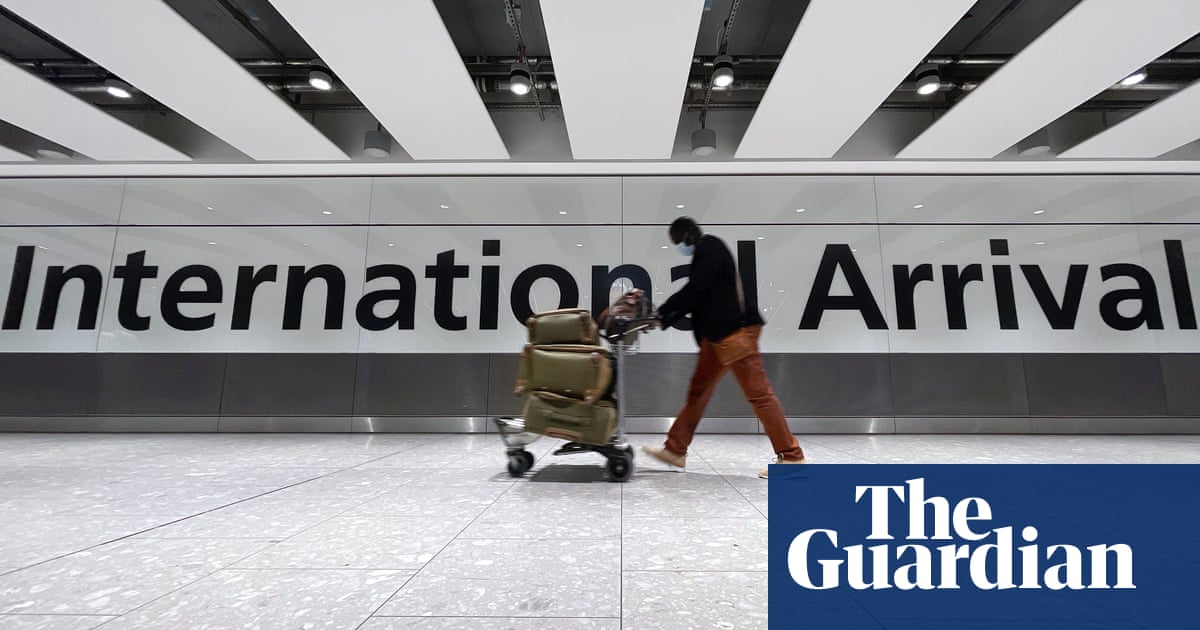Heathrow has called on the government to scrap a new £10 charge for overseas travellers using UK airports to connect to other flights, warning that it puts UK airports at a competitive disadvantage compared with other European rivals.
The government introduced the Electronic Travel Authorisation (ETA) in November for non-UK residents travelling to the UK from Qatar, with a wider rollout for other countries throughout 2024.
The ETA is largely based on the US Electronic System for Travel Authorization (Esta) system, and requires travellers to apply to enter the country before departing and pay a £10 fee.
This applies not only to direct flights from the country but also for those who are using UK airports for more than two hours to connect to other flights.
Heathrow said while it supported the overall rationale behind the ETA, transiting passengers needed to be exempted as this was hitting passenger numbers.
The airport pointed to the impact it had on travellers from Qatar – it said there had been 19,000 fewer transit passengers coming through the airport in the first four months of ETA rules applying. It added that each month recorded the lowest proportion of transiting passengers from the country for 10 years.
The update said: “This is a huge blow to UK competitiveness as many long-haul routes, which are highly important to the UK’s economy, exports and wider connectivity, rely on transit passengers. With more connecting passengers expected to choose other hubs as the scheme expands, minsters need to take action to remove this measure.”
Heathrow recorded its busiest Easter weekend this year, with 936,000 passengers using the airport across the bank holiday period. This contributed to 7 million people travelling through the London hub in March, the highest ever for that month.
The chief executive, Thomas Woldbye, said: “The government needs to exempt airside transit passengers from the ETA scheme to avoid encouraging passengers to spend and do business elsewhere. We need to level the playing field, so the UK aviation industry continues to be world class.”







